Do Sole Traders Pay Corporation Tax?
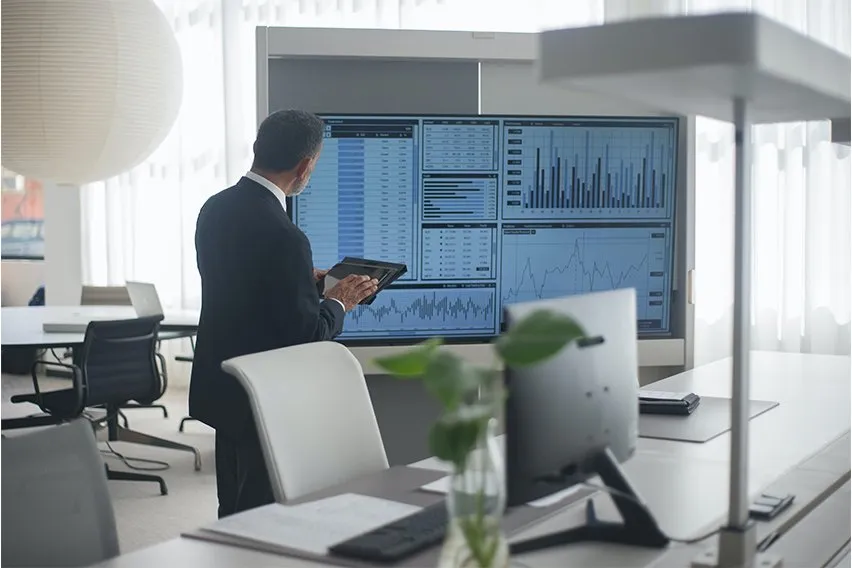
The short answer – no, sole traders don’t pay Corporation Tax. Neither do business partnerships.
The longer answer is about your business’s structure and the UK tax liabilities that apply.
Here’s What We’ll Cover:
Why Don’t Sole Traders Pay Corporation Tax?
How Does It Work For Sole Traders?
When Do I Need To Tell HMRC That I’m A Sole Trader?
So How Do I Pay Tax On My Sole Trader Income?
Why Don’t Sole Traders Pay Corporation Tax?
Corporation Tax is due on the profits made by:
- Limited companies
- Foreign companies with UK offices or branches
- Members clubs, trade associations, housing associations, co-operatives community groups or similar

HMRC defines taxable profits for Corporation Tax as being money made on trading, selling assets, and investments. UK-registered companies pay Corporation Tax on all of their profits from the UK and abroad. Companies registered elsewhere only pay Corporation Tax on the profits from branches or offices in the UK.
The process of registering your business with Companies House as a limited company is called incorporation – hence Corporation Tax.
If you redefine your business as a limited company, it becomes its own separate legal entity. You pay income tax on the salary you’re paid as company director/employee and pay Corporation Tax on its profits. Additionally, it’s important to handle limited company expenses appropriately to optimize financial efficiency. You can also pay yourself dividends as director. There is a certain degree of security, as you as company director are not personally responsible for any financial failings of the company.
How Does It Work For Sole Traders?
HMRC considers sole traders to be self-employed. All self-employed people, including business partnerships, pay income tax and NICs on their business profits using the Self-Assessment system.
HMRC will usually class you as a self-employed sole trader if:
- Your sell services or goods, charging a fixed price that’s agreed upfront to make a profit
- You’ve got several clients simultaneously
- You decide who you work with, when you do the work and where you do it
- You buy all the essential equipment you need to do the work
- If any of your work isn’t acceptable to your client, you have the responsibility for fixing at your own expense (of time and/or money)
- You can hire people to help with the work, or subcontract it out
- It’s your own business and you’re ultimately responsible for its success
As a self-employed sole trader, you and your business exist as one single unit. And you can be employed and self-employed at the same time. For example, you work for an employer during the week then make and sell your own products at the weekend.
HMRC will help you figure out if you’re a self-employed sole trader by phone and online.
When Do I Need To Tell HMRC That I’m A Sole Trader?
HMRC clearly defines the circumstances in which you need to tell them that you’re a sole trader:
- “you earned more than £1,000 from self-employment between 6 April 2020 and 5 April 2021
- you need to prove you’re self-employed, for example to claim Tax-Free Childcare
- you want to make voluntary Class 2 National Insurance payments to help you qualify for benefits”
This applies even if you’re already employed and paying tax through PAYE on that income.
So How Do I Pay Tax On My Sole Trader Income?
You need to register for self-assessment and meet all the responsibilities of that system. This is how you tell HMRC what you’ve earned through your self-employed work. And how they calculate how much tax you owe. It’s also how you claim any work expenses, tax reliefs and allowances. You will need to file a self-assessment tax return every year.
To fully meet all your sole trader tax responsibilities, you must:
- Keep up to date, accurate records of all business sales and expenses – this includes all receipts and invoices
- Use all this information to complete your online self-assessment tax return, by HMRC’s deadline
- Pay the income tax you owe by the official deadline
- Pay Class 2 and Class 4 National Insurance Contributions
The basic calculation is quite straightforward:
Sole trader income amount – business expenses = taxable income
The rate of tax you pay depends on which tax band your total annual income puts you in.
- 20% basic rate: £12,571 to £50,270
- 40% higher rate: £50,271 to £150,000
- 45% additional rate: over £150,000

If your only income is from your self-employed work and it totals less than £12,570 in one tax year, then you won’t have any tax to pay. That’s because every UK taxpayer is entitled to a Personal Allowance. At the moment this is £12,570. Meaning that you can earn up to that amount without owing any income tax.
FreshBooks’ ‘Ultimate Sole Trader Tax Guide For Self-Employed and Small Business Owners‘ has more details to keep you right.
Where Do I Start?
At first, the whole issue of tax is quite daunting. But you don’t have to do everything by yourself. HMRC explains all the self-assessment steps very clearly. FreshBooks has a whole heap of current information in our UK hub. And you can seek the expert advice of a qualified accountant or tax professional at any stage.
Start with setting up a Government Gateway account. This is how you access your personal tax account and do most of your communication with HMRC. Do this as soon as you know you need to submit a self-assessment tax return. During this process, HMRC needs to send you a Unique Taxpayer Reference number. This takes about 10 days to come through the post. You then need to wait for an activation code to come in the post. It’s only then that you can fully access your online tax account. So allow for this time.
If you haven’t already, download the FreshBooks app with the package that’s right for your business. Then we’ll take care of all the record-keeping and evidence tracking for you – amongst other things!
RELATED ARTICLES

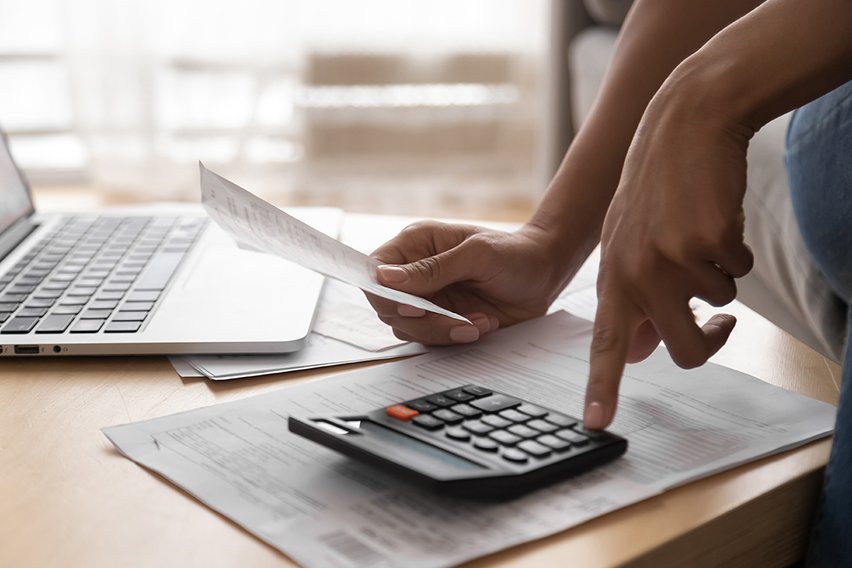 Online VAT Calculator: 5 Best VAT Calculators for the UK (Free)
Online VAT Calculator: 5 Best VAT Calculators for the UK (Free)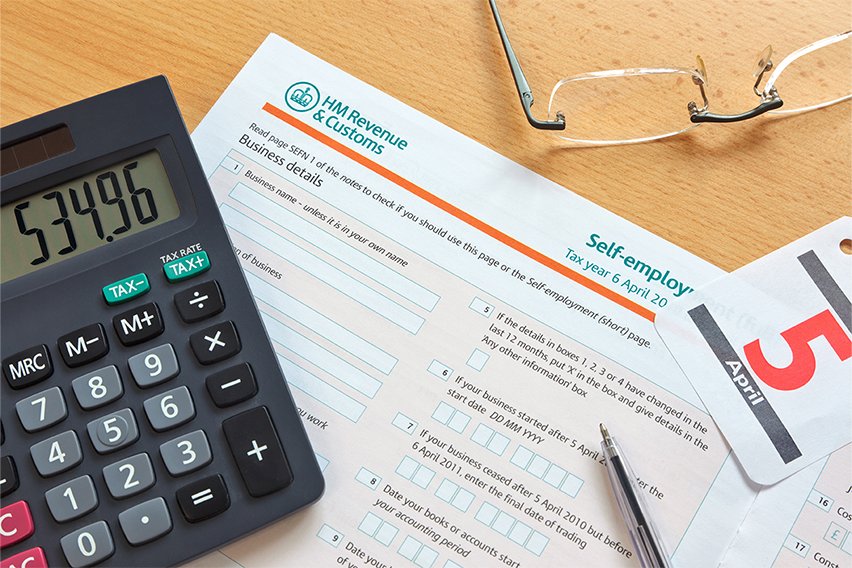 When Is a Self Assessment Tax Return Required?
When Is a Self Assessment Tax Return Required?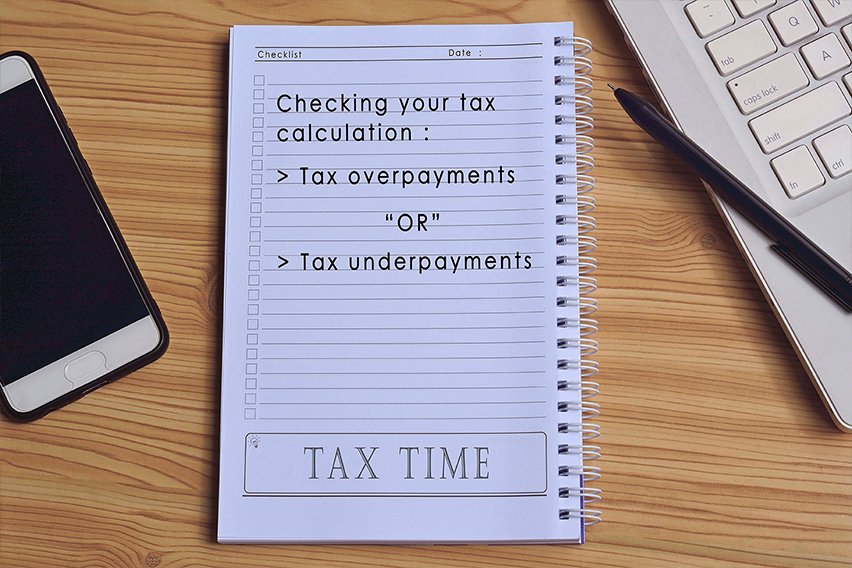 Does HMRC Check All Self-Assessments?
Does HMRC Check All Self-Assessments?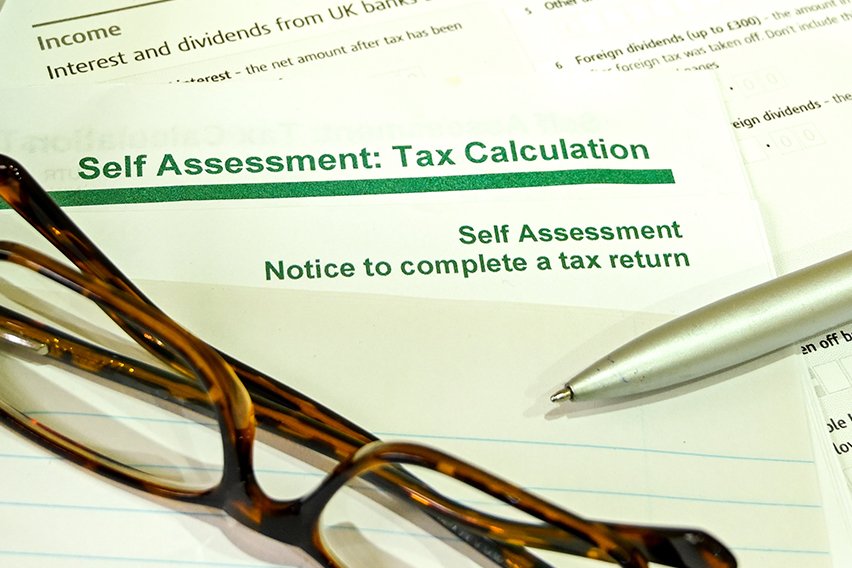 Self Assessment Tax Return Deadline
Self Assessment Tax Return Deadline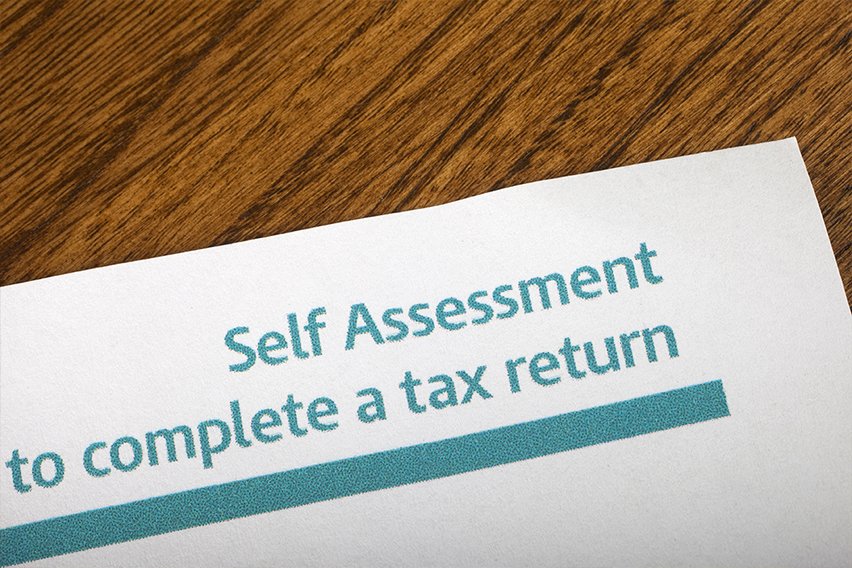 Self-Assessment Tax Return: A Step-by-Step Filing Guide
Self-Assessment Tax Return: A Step-by-Step Filing Guide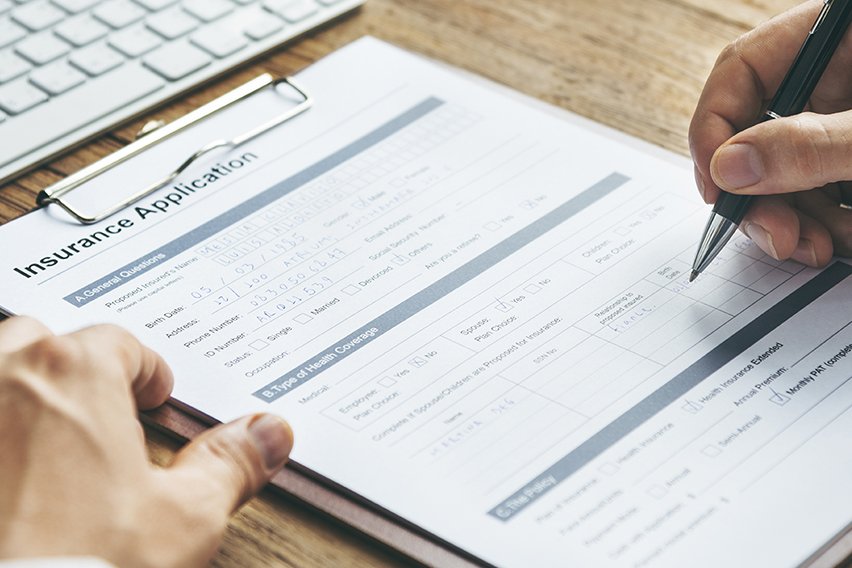 Can I Reclaim Insurance Premium Tax on My VAT Return?
Can I Reclaim Insurance Premium Tax on My VAT Return?